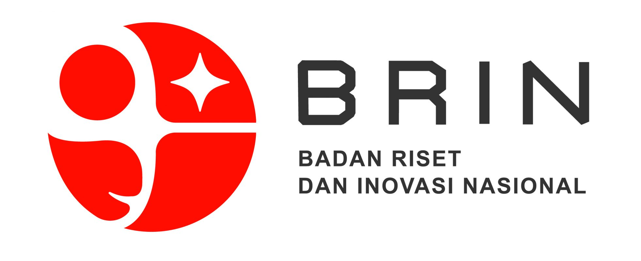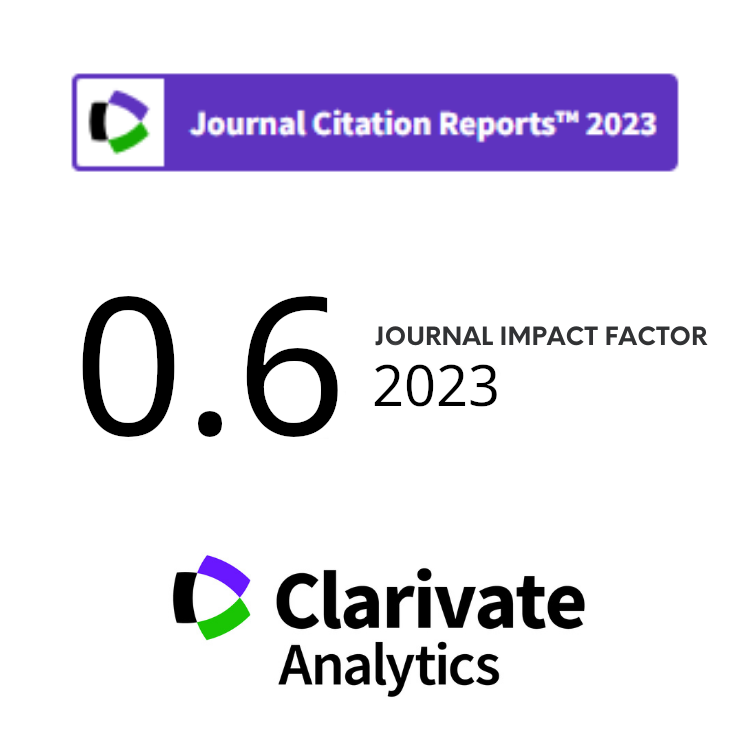Investigation on the Performance of a Wickless-Heat Pipe Using Graphene Nanofluid for Passive Cooling System
M.H. Kusuma, N. Putra, A. Rosidi, S. Ismarwanti, A.R. Antariksawan, T. Ardiyati, M. Juarsa, T.M.I. Mahlia
Abstract
To enhance the thermal safety in case of station blackout, a wickless-heat pipe is proposed as an alternative passive cooling system technology to remove decay heat generation in the nuclear spent fuel storage pool. The objectives of this research are to investigate the heat transfer phenomena in vertical straight wickless-heat pipe using Graphene nanofluid working fluid and to study the effect of Graphene nanofluid on the vertical straight wickless-heat pipe thermal performance. The investigation was conducted in 6 meters height and 0.1016 m inside diameter of vertical straight wickless-heat pipe. In this research, the Graphene nanofluid with 1 % of weight concentration was used as working fluid. The effect of working fluid filling ratio, evaporator heat load, and coolant volumetric flow rate on the water jacket were studied. The results showed that the heat transfer phenomena, which were indicated by an overshoot, zigzag, and stable state, were observed. Based on thermal resistance obtained, it was shown that the vertical straight wickless-heat pipe charged with the Graphene nanofluid has a lower thermal resistance compared to one with demineralized water. The thermal resistance of vertical straight wickless-heat pipe using Graphene nanofluid and demineralized water were 0.015 °C/W and 0.016 °C/W, respectively. While the best thermal performance was achieved at a filing ratio of 80 %, higher heat load, and higher coolant volumetric flow rate. It can be concluded that Graphene nanofluid could enhance the thermal performance of vertical straight wickless-heat pipe.
Keywords
Nano graphene; Heat pipe; Nano fluid; Passive cooling system; Spent fuel pool
DOI:
https://doi.org/10.17146/aij.2019.761
Copyright (c) 2019 Atom Indonesia

This work is licensed under a
Creative Commons Attribution-NonCommercial-ShareAlike 4.0 International License.
















